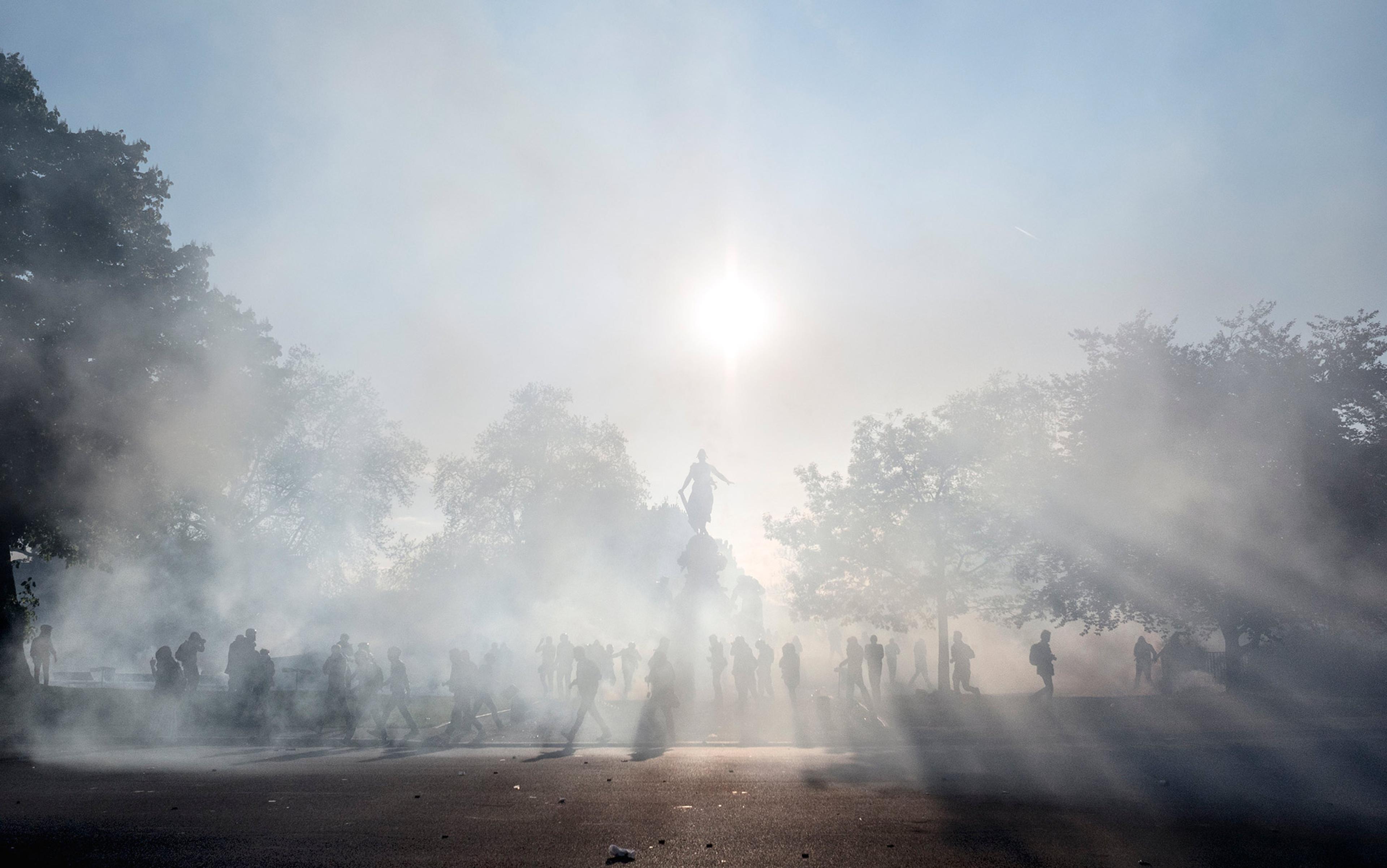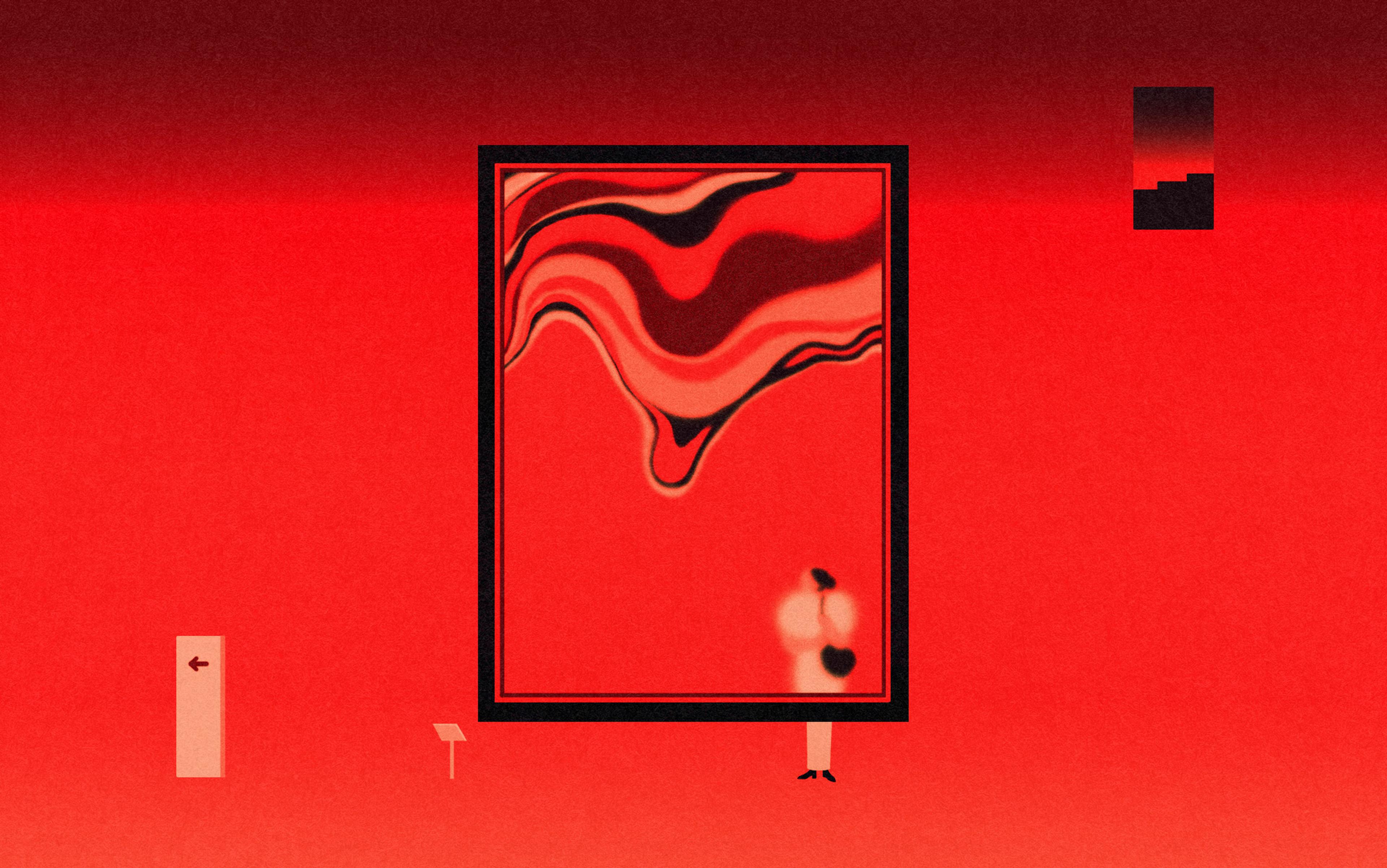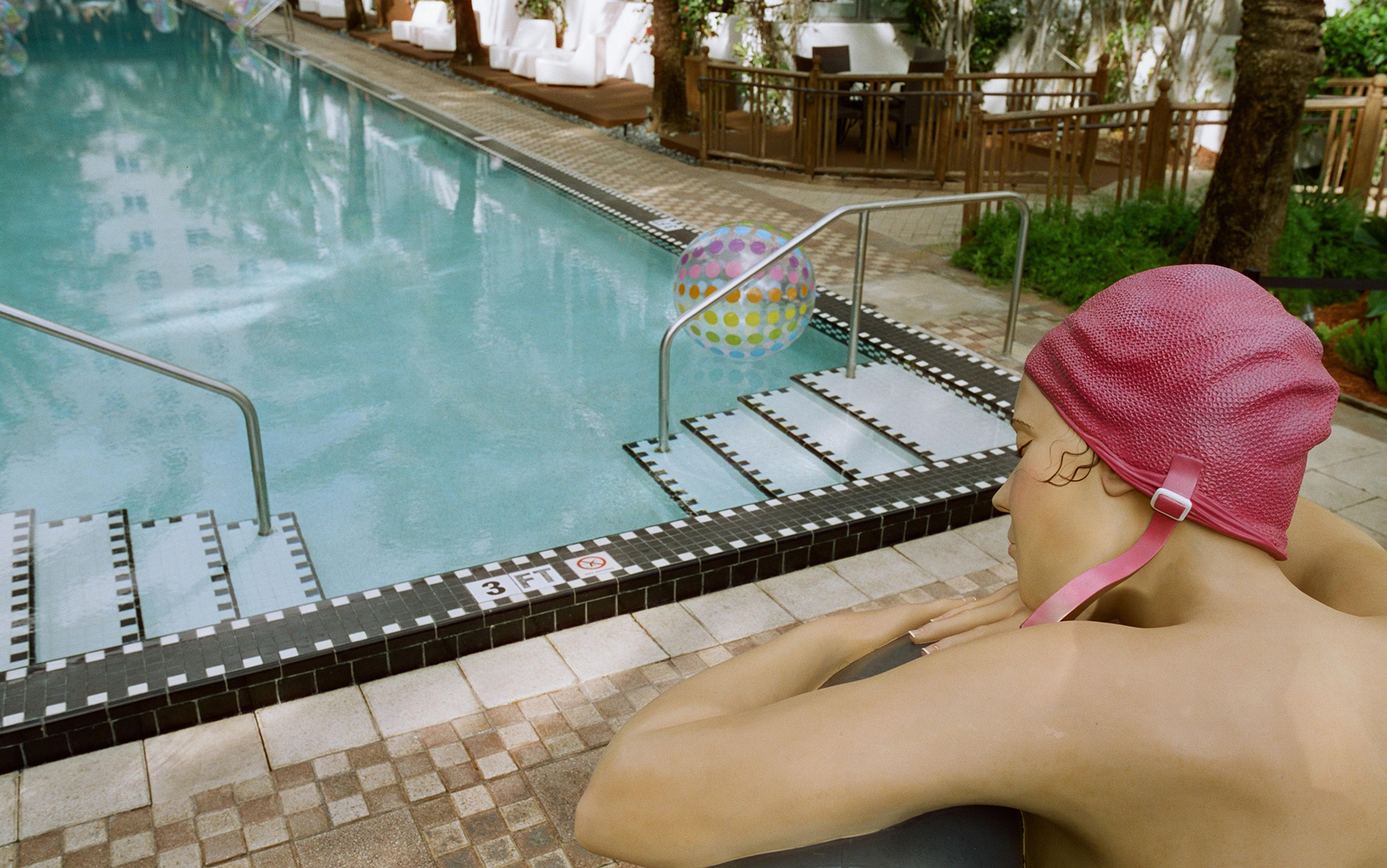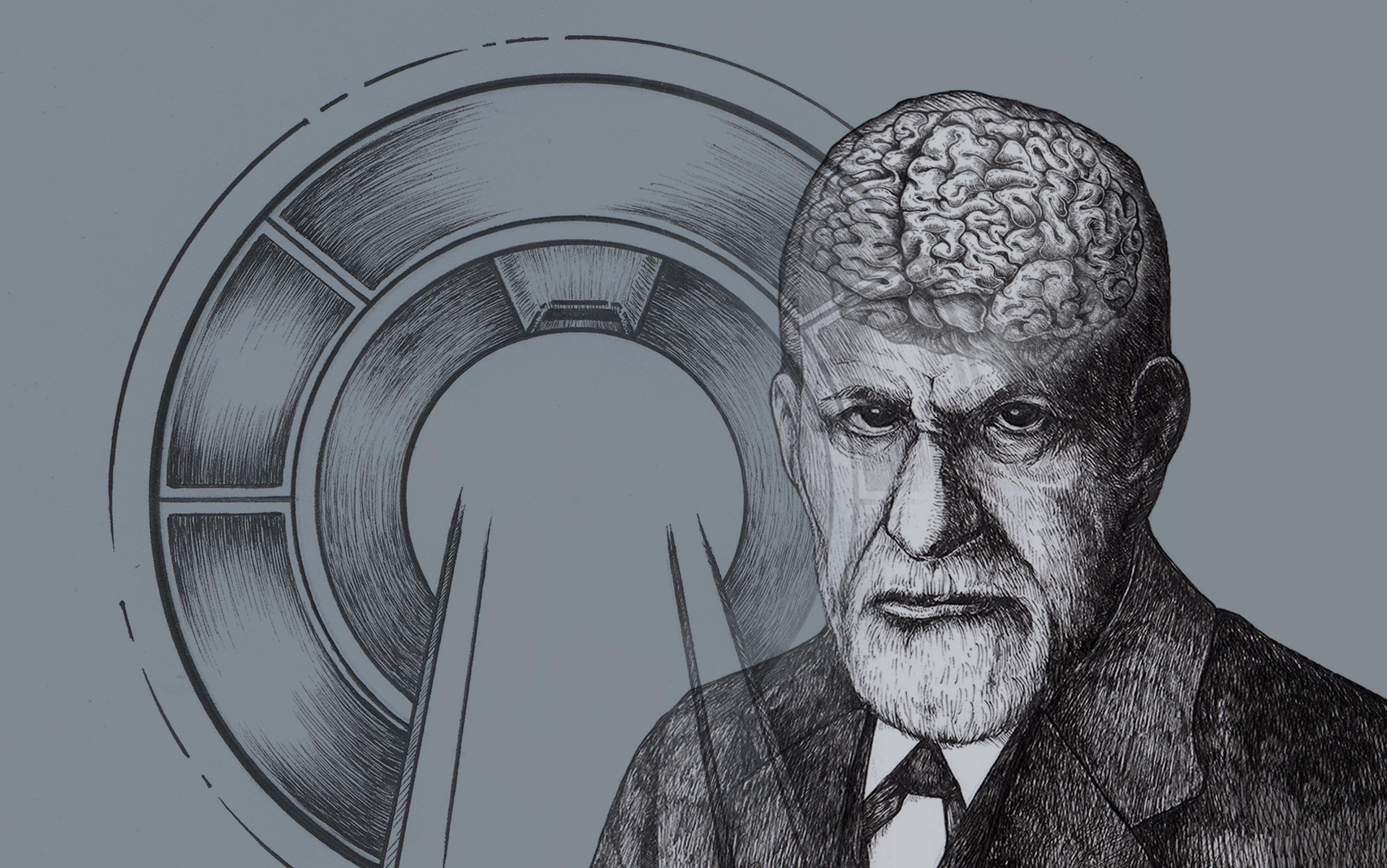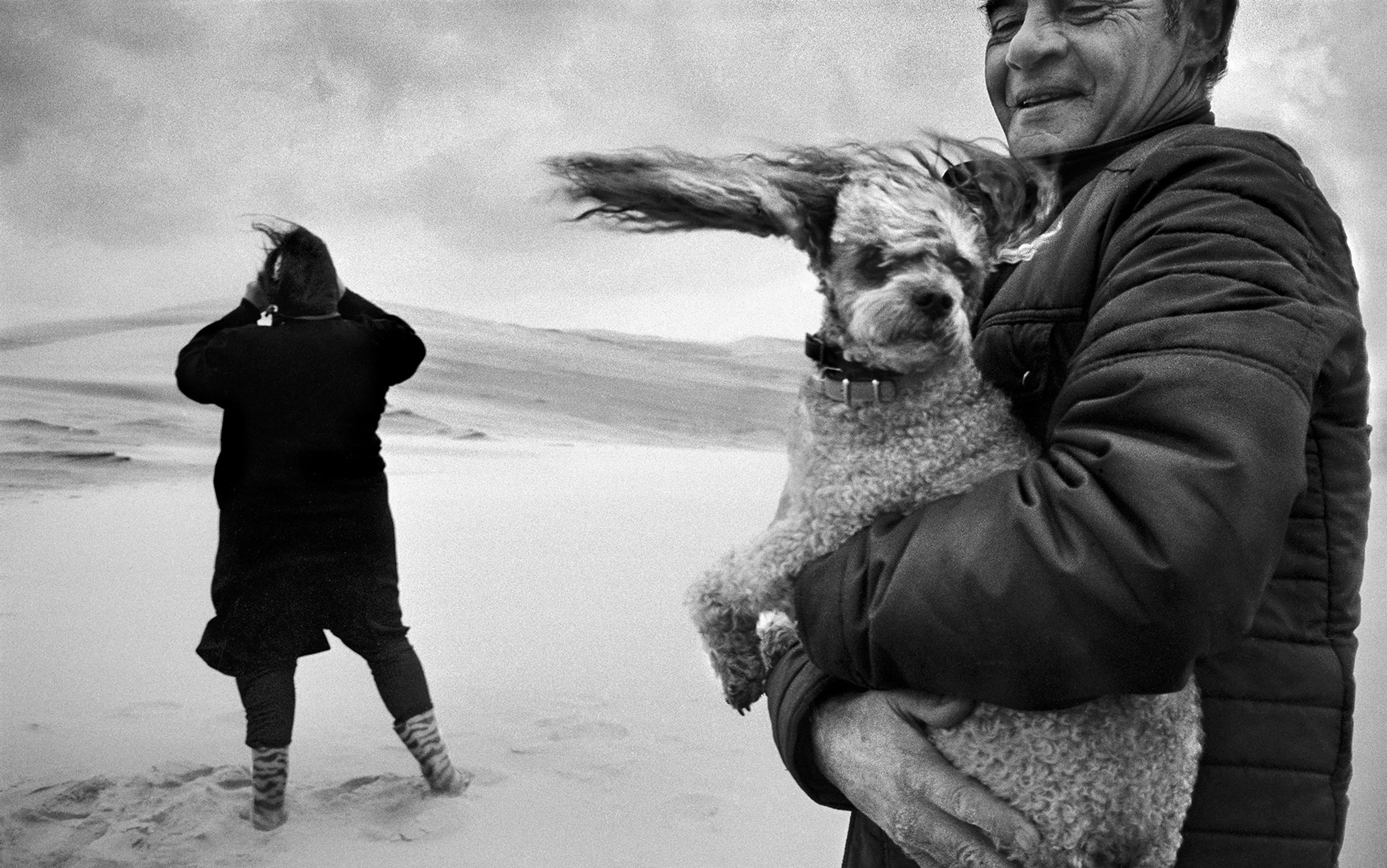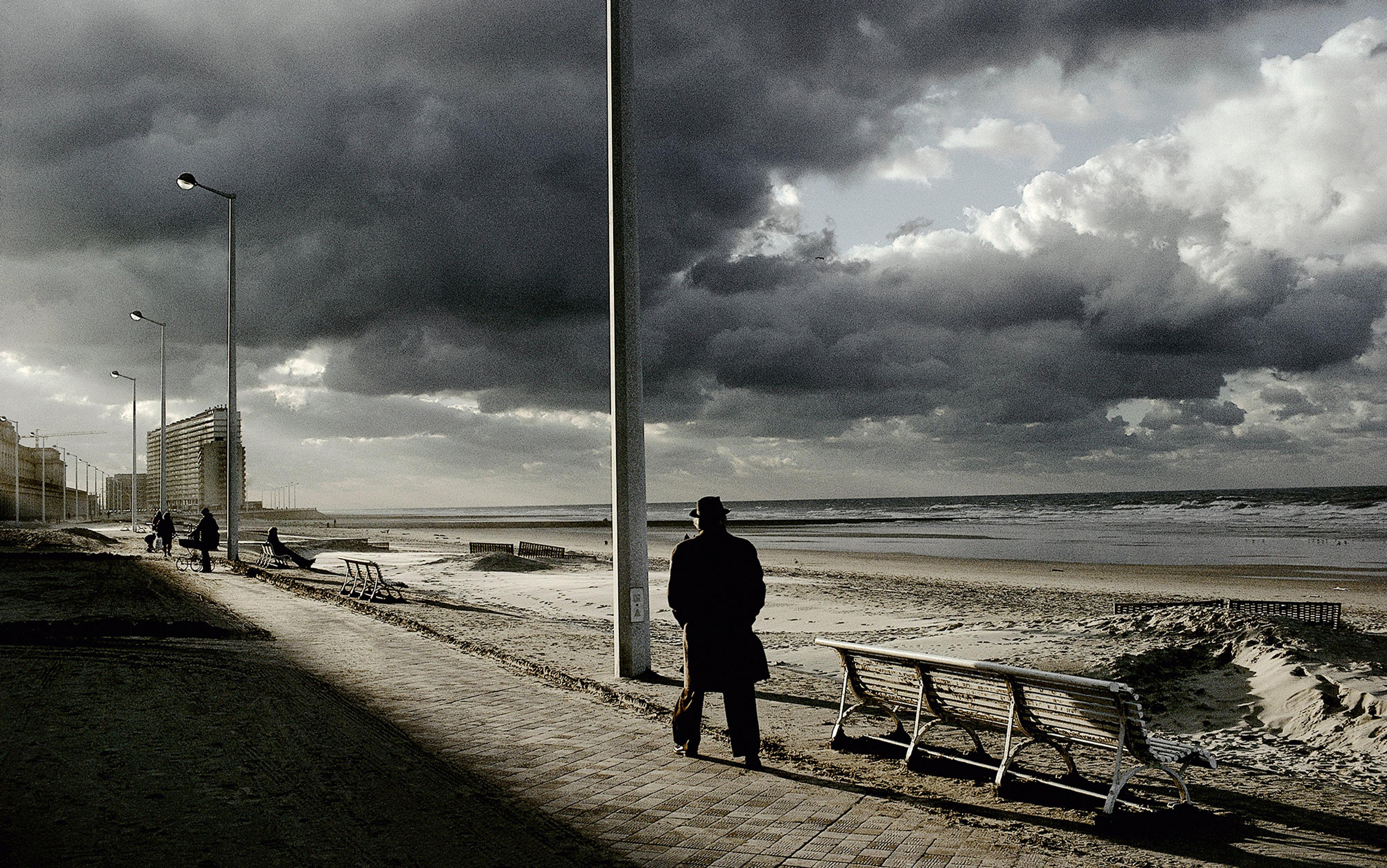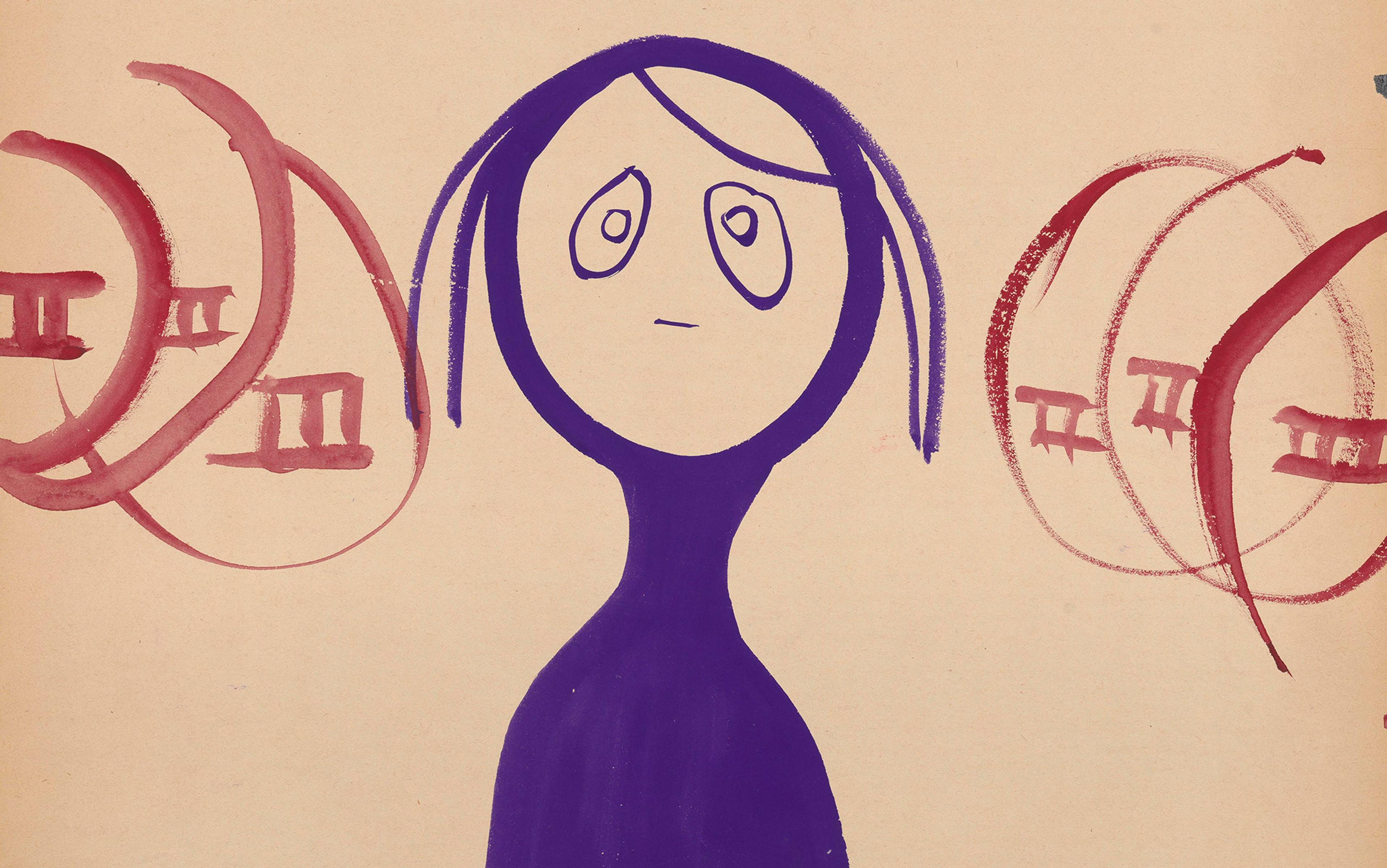Pablo Picasso was in his late 20s when he learned to paint like the Old Masters, but it took 30 years more to learn to paint like a child. His journey towards childlikeness, which he said he achieved through a process of self-forgetfulness, was fruitful but arduous, a lifelong fight against social influences. Finding a purer, more instinctual vision of the world required getting to know himself outside the boundaries of his social group. The task of finding a truly original voice while bound to a group is analogous to looking for your keys under a streetlight because it is too dark to search for them where they were lost. In both instances, we might improve the search by not looking: lost things often materialise when we shut them from our mind. In fact, we are not closing our mind but opening it, waiting for the unconscious, that great unknown, to solve the riddle. And quite often it does.
The unconscious can perform astonishing feats of memory, but it can also play a remarkable role in creativity: sudden insights, solutions and life-enhancing ideas sometimes surface unbidden when the mind is adrift in unconscious reverie. If such chance awakenings are possible, how can you replicate those conditions to become more the author, and less the reporter, of your own meaningful life story? To find that elusive voice, we’ve got to search in the ‘now’, in the moment of true, lived experience that fleetingly exists between past and future. It is within that space that we must seek the locus of personal transformation and change.
But being in the moment, developing an awareness of ‘now’, means gaining control over our thoughts and the unconscious patterning of memory so that they don’t intrude. If we can’t wrestle control over things, then something has gone awry in the master-servant relationship – there is truth in the old aphorism: ‘The mind is an excellent servant but a terrible master.’ To overcome this complex bind, we must identify how the mind constrains us, and then we must break free. Among the traps of the mind, there is preoccupation with the past (including attachment to intrusive memories) and preoccupation with the future (including continual desire). By definition, these lures are incompatible with being in the moment. We must offload this excess baggage to glimpse what we are and what we might become.
There might be none who has given voice to the process more eloquently than the mid-20th-century British psychoanalyst Wilfred Bion. It was Bion who said that one discovers truth, the ingredient essential to psychic growth, on the cusp of knowing and not knowing. On the cerebral map, not knowing is located somewhere at the edge of the world, and Bion demands that we stretch ourselves to the precipice and face it unflinchingly.
Bion’s approach can seem paradoxical because it restricts memory and desire while operating within the bounds of psychoanalysis, a profession that rests on the twin pillars of memory and desire. Yet the approach has been embraced by philosophers and self-seers for thousands of years. The practice has its beginnings with Plato, who contemplated the divine as something that was at once knowable and unknowable: knowable by way of all-pervasive beauty and perfection in the Universe, and unknowable by way of rational intellect. The thread of the idea was carried into history by the Christian mystical text The Cloud of Unknowing. This 14th-century work asks us to immerse our thoughts and desires under a cloud of forgetting, to surrender our ego to find some measure of reality. The Cloud’s intensely meditative and contemplative approach focuses on a single object or monosyllabic word – ‘God’ or ‘love’. Here, the divine is a mystery beyond all imagination, unavailable to the senses, to logic, reason or argument; we can no more understand God than a bug perched on a roof antenna can grasp satellite communications. We can, however, see beauty in art, in the idea of the common good, and in wonder itself.
According to Keats, ‘negative capability’ requires the poet to be receptive to artistic beauty, even if it comes at the cost of philosophical certainty
This form of focused contemplation is precisely the same as that practised in Buddhist meditation. The object in Zen philosophy, as in Bion’s psychoanalysis, is a heightened awareness of meaningful existence through the lens of the moment. This is achieved by uncoupling self-identity from the train of memories and the chain of desires, and by developing intuition as a counterbalance to cognitive analysis and the endless striving for facts.
In developing this line of thought, Bion declared a debt to the Romantic poet John Keats. Instead of taking preconceived notions of nature as the starting point, or vainly attempting to gain absolute knowledge of all life’s mysteries, Keats described a quality called ‘negative capability’ that requires the poet be receptive to artistic beauty, even if it comes at the cost of philosophical certainty. In a letter to his brothers in 1817, Keats wrote that the true artist had to feel ‘capable of being in uncertainties, mysteries, doubts, without any irritable reaching after fact and reason’. For the ‘great poet the sense of Beauty overcomes every other consideration, or rather obliterates all consideration’. In short, a dynamic tension existed at the edge of knowing and not knowing, and its resolution was truth.
But achieving that state of mind is difficult. Just as some longterm prisoners attach to their place of confinement so that they fear freedom at the point of release, just as the abused become willingly yet helplessly bound to their abusers, so it is that, for many, the sudden prospect of truth is perceived as a threat, and provokes resistance. Individuals can express anger or anxiety at the moment of revelation; they might deny, deflect, redirect and rationalise – opting for the sort of security that being stuck in a tub of treacle provides.
In a series of lectures given in New York City and São Paul in the mid-1970s, Bion tackled the problem head-on. Following Keats’s lead, the psychoanalyst suggested that true psychic growth required the capacity to feel and immerse in uncertainties, to be open to the prospect of thoughts in search of a thinker:
Discard your memory; discard the future tense of your desire; forget them both, both what you know and what you want, to leave space for a new idea. A thought, an idea unclaimed, may be floating around the room searching for a home.
Once more, we can widen the boundaries of our search by not looking.
Within the therapeutic context, negative capability required the individual to develop a radically different concept of self. Most analysts had their clients search for the self in ever-deeper layers of memory and desire. But Bion believed that negative capability – the ability to let go of these things entirely – enabled even greater self-knowledge and success. On one level, negative capability would help us to manage the emotional challenges associated with uncertainty. On another level, it could reveal the unconscious as a reservoir of possibility and hope. That reservoir would be a fount of intuition and creativity – a link supported by a growing body of research evidence. In essence, both Bion and Keats saw negative capability as an added dimension, one beyond the mere logic of reality – one that relied on intuition and sensation, providing an alternative to the incessant search within ambiguous circumstances for rational, empirically based narratives.
Negative capability promotes personal change by transporting us past the layered accretions of knowledge, norms and narratives that saturate us in infancy and shroud us in adulthood. Emptying the mind is like prying oneself free from the clutches of a cult.
But negative capability is not just a radical road to emotional truth and growth. Another take on the phenomenon comes from the Brazilian-born philosopher Roberto Mangabeira Unger, who says that negative capability brings democratic empowerment. The trick of living in the now can help us to see the fallacy of capitalist exploitation, social division and hierarchy, revealing the false historical necessity of any given or ‘predetermined’ context, movement or idea. There are no historical laws of social development, and there is nothing necessary or causal about our social milieu. Negative capability for Unger unleashes individual creativity, and in politics that unfettered vision is limitless.
In Unger’s application of the concept, the line of causation between knowing and not knowing, truth and transcendence, is denial; his method appears analogous to both Bion’s brand of psychoanalysis, and to the practice of via negativa (Latin for the ‘negative way’) as adopted within Zen and Christian mysticism. And there are other points of convergence: in his books Religion of the Future (2014) and The Self Awakened (2007), Unger sets us the task of becoming more human by becoming more godlike. In The Self Awakened he puts it: ‘The aim is less to humanise society than it is to divinise humanity… diminishing the contrast between the intensity of our longings and the paltriness in which we waste our lives.’ Unger’s proposal resonates profoundly with Bion’s insistence on restricting desires to find truth or meaning; clearly Unger, like Bion, sees negative capability as the engine of psychic growth. The British Marxist historian Perry Anderson elucidates Unger’s use of the concept in the sphere of politics: the goal for Unger was to ‘increase the space of that negative capability, by creating institutional contexts permanently open to their own revision – so diminishing the gap between structures and routines, and “disentrenching” social life as a whole’.
Social change begins not with the group but with the individual swimming against the current
Negative capability in Unger’s hands becomes a working tool for unworking political, social and institutional constructs – ones commonly accepted as rational and necessary. In language not dissimilar to the psychoanalytical perspective of Bion, negative capability is for Unger a means to understand and resist social conditioning and institutional constraints, a way to deny the inevitability of exploitation and rigid social hierarchies, and a way to awaken to the reality of capitalist oppression and the possibilities for rebellion. The Scottish political theorist Tom Nairn invokes the Finnish philosopher Georg Henrik Von Wright when he writes: ‘The real advances have always been marked by challenge and defiance … by disturbers of the peace.’
And clearly Unger wants to disturb the peace, but from the grassroots. He sees negative capability as a device by which individuals can awaken from the slumber of materialist mass culture, and from those desires for life fulfilment born of meaningless consumerism. In Unger’s eyes, negative capability is both personal and political. Social change, after all, begins not with the group, but with the individual – and quite often the individual swimming against the current. How else might we realise Unger’s goal of reinventing social democracy?
While he does not supply blueprints – his politics are speculative and polemical – Unger wants us to challenge existing forms of technological production and social organisation, and to question both the meaning of value and the purpose of money. Above all, he wants us to think the unthinkable, to reimagine the future, and to reshape reality. What is the point in generating vast amounts of wealth if it is merely translated into private profits, accumulated in the hands of a wasteful minority? Institutions, financial and otherwise, he argued in 2011, must be created or altered so that they internalise the impulse to change: ‘With the way things are organised, transformation continues to depend on crisis. Throughout the 20th century the only way [nations] have been able to change is by slaughtering one another.’
Ultimately, transformative politics must be informed by a struggle waged over thought, culture and forms of consciousness in every sphere of life. But while the change needed to make life worth living is undoubtedly political, it must first be psychological. Notwithstanding the inherent interdependence between the individual and the group, by practising the art of being in the moment, putting trust in the quiet depths of our unconscious, we embrace the challenges of uncertainty and open the way to discovery of truth in every realm. Alternatively, this kind of path can strengthen our internal locus of control, a concept within psychology that refers, among other things, to the power of personal decision making. In this context, negative capability not only helps us see social influences, memories and desires for what they are, it also helps us control our attitude towards them.
Achieving negative capability might fall short of a complete psychological reboot – we are each subject to the influence of our biology, social class and environment, to varying degrees. But even a brief relief from memory and desire can reshape thinking and help us gain control over our lives. Negative capability also challenges the wisdom of living passively in a distorted reality, one that mainly serves the interests of a powerful and privileged minority at the expense of the overwhelming majority – perhaps at the expense of the planet itself. Seen from this angle, negative capability is a tool for activists: it is not only a means of self-realisation and a key to awakening the imagination, but also a means of resisting the imagined realities of exploitation and social hierarchy in favour of radical alternatives.
Picasso’s determination to discover artistic truth through the eyes of a child was a journey to discover his true self. He once said art is the lie that reveals truth, a remark that perhaps reveals his breakthrough. His personal trajectory might easily have been inspired by the counsel of that otherwise hard-line empiricist, the English biologist Thomas Huxley, who wrote in 1860: ‘Sit down before fact as a little child, be prepared to give up every preconceived notion, follow humbly wherever and to whatever abysses nature leads, or you shall learn nothing.’
Whether our starting point is poetry, political philosophy or the process of psychoanalysis, negative capability is about personal discovery. Imagine what we might achieve if that discovery was unconditional love for all sentient life.
